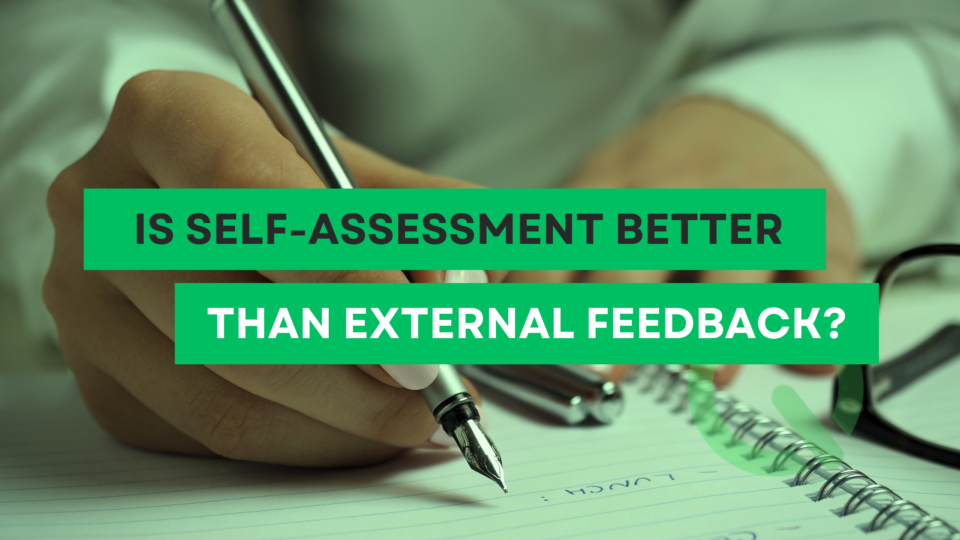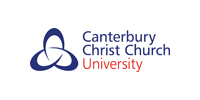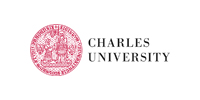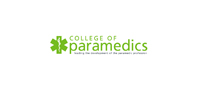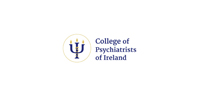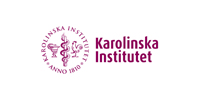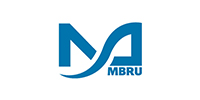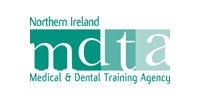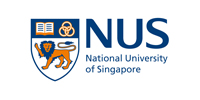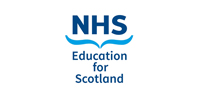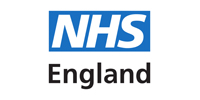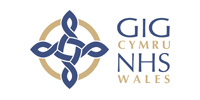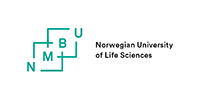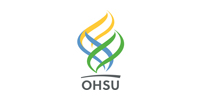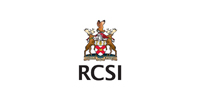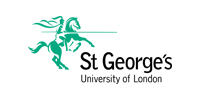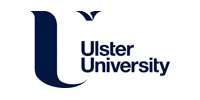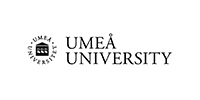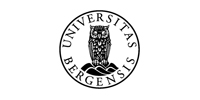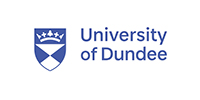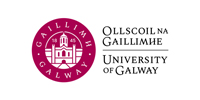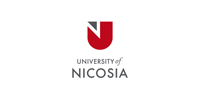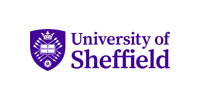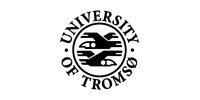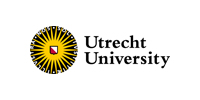Medical education is a journey of continuous growth and self-improvement, where both technical expertise and interpersonal skills are crucial. As medical students progress through their education, they encounter numerous learning opportunities and challenges. Two critical methods of development that help students improve their skills are self-assessment and external feedback. Both have their unique advantages, but which one benefits medical students more?
What is Self-Assessment?
Self-assessment in medicine involves students reflecting on their own learning, identifying areas of strength and weakness, and evaluating their clinical skills, knowledge, and professional behaviour. It’s a process that encourages introspection, critical thinking, and autonomy in learning. Tools like reflective journals, self-rating scales, and structured reflection activities are commonly used to guide this process.
What is External Feedback?
External feedback comes from others who observe a medical student’s performance. This can include feedback from professors, attending physicians, fellow students, and even patients. It offers a perspective outside of the student’s own self-reflection and provides insight into areas that may not be immediately apparent.
Which Is Better?
Self-assessment has clear advantages in terms of promoting self-awareness and autonomy. Medical students who engage in self-assessment become more reflective and independent learners, which are vital traits for a successful career in medicine. It encourages them to take charge of their own development and seek out resources for improvement. However, the subjective nature of self-assessment can also be a limitation. Students may not always have the objectivity or depth of knowledge to accurately evaluate their own performance. Without external feedback, self-assessment can sometimes lead to overconfidence or unnecessary self-doubt, which can hinder progress.
On the other hand, external feedback provides an important counterbalance to the subjectivity of self-assessment. It offers an outside perspective, often pointing out areas of improvement that the student may have overlooked. Feedback from experienced mentors or peers can provide more clarity on the student’s strengths and weaknesses, offering concrete suggestions for growth. However, external feedback can also have limitations. It is only as useful as the person giving it, and it may not always be consistent. Additionally, medical students may struggle with receiving and processing negative feedback, which could impact their ability to act on it.
The Importance of Balancing Both Approaches
While both self-assessment and external feedback are valuable, they work best when combined. By integrating both approaches, medical students can benefit from the best of both worlds. Self-assessment helps them recognise areas for growth, while external feedback provides the support, accountability, and actionable insights needed to improve their performance. Together, these methods foster continuous learning and professional development, preparing students for their roles as competent and compassionate healthcare providers.
- How Online Proctoring Ensures Integrity & Fairness In Online Assessments
- Is Self-Assessment Better Than External Feedback?
- Read All About It: Enhancing Education & Recruitment With Qpercom

